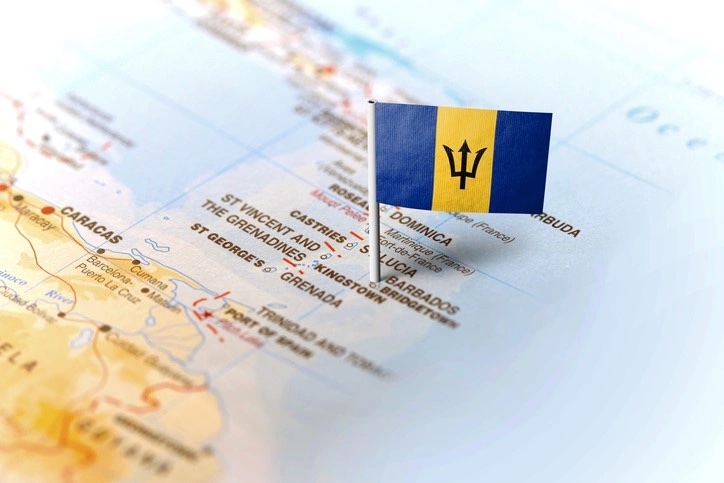The government of Barbados launched a planning process to set the foundations for its marine management, in an exercise supported technically and financially by the Inter-American Development Bank (IDB).
This MSP process builds upon Barbados’s longtime work on marine ecosystems and environmental governance. It is also part of Barbados’ commitments under the debt conversion for nature transaction that the Caribbean country signed in September 2022, backed by a US$150 million guarantee from the IDB and The Nature Conservancy (TNC).
A Marine Spatial Planning process involves a holistic vision for ocean governance and the participation and inclusion of all key stakeholders. The outcome provides direction to balance development and conservation interests and address the cumulative effects of various human uses of the same space.
In this sense, an MSP goes beyond conservation planning and ocean zoning. It also seeks to balance economic and social development with environmental conservation while enabling dialogue and collaboration between stakeholders. It also considers social and environmental change by monitoring continuously.
The Minister of the Environment and National Beautification of Barbados, the Hon. Adrian Forde, said, “Having the full participation of all stakeholders is essential to this process. We need them to share information about our marine space to ensure that equitable consideration is given to all relevant sectors. We recognize that climate change is real and the impact it has for Barbados, especially along its coastal corridors. Life started with biodiversity – and it will die without it.”
With the leadership of Barbados’ Coastal Zone Management Unit, the MSP will provide planners and decision-makers in Barbados with accurate, current data to inform their decisions. The initial stage of the MSP entails the creation of institutional, financial, legal and policy frameworks.
This MSP process shows Barbados’ commitment to continue strengthening the country’s ownership of this exercise. The MSP also highlights the importance of collaborative work in organizing the use of marine space, balancing demands for development with the need to protect marine ecosystems, conducting planning processes to achieve social and economic objectives, and alleviating pressures on ocean resources.
The IDB is committed to these efforts and will provide technical and financial cooperation. IDB Country Representative, Viviana Alva Hart, said, “We are honored by the trust placed in the IDB by the Government of Barbados to support them in their Marine Spatial Plan, a knowledge driven exercise to protect Barbados’ ocean space. Ensuring that global biodiversity remains rich and brings benefits to everyone will require reducing inequalities and strengthening the work being done by island states. With this launch, we are celebrating an important milestone towards achieving Barbados’ sustainability commitments.”





